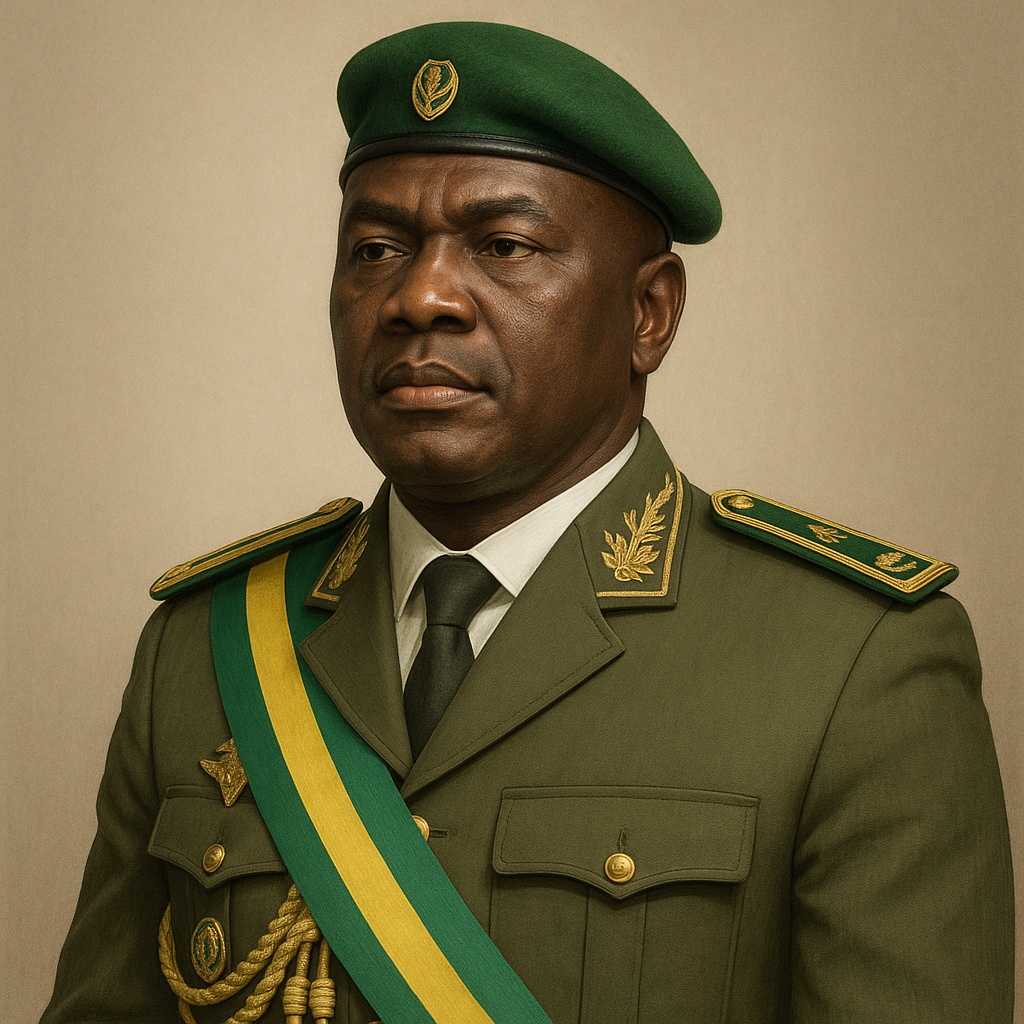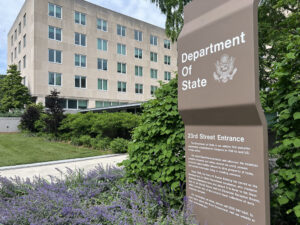Nineteen months after toppling Ali Bongo, General turned transitional president Brice Oligui Nguema has converted raw military power into electoral legitimacy, winning 90.35 % of votes in Gabon’s first post‑coup election. Can such an overwhelming mandate dispel doubts about real democratic reform?
How the vote unfolded
Gabonese queued from dawn on 12 April at 3 000 polling stations; the interior ministry put turnout at 70.4 %, far higher than the disputed 2023 poll that triggered the coup.
Opposition parties complained of an uneven playing fieldvstate TV allotted them only two hours of airtime during the three week campaign.
The candidate field
Nguema faced seven challengers, the strongest being former Bongo prime minister Alain Claude Bilie By Nze, who mustered just 3 % of the vote. Two civil‑society candidates withdrew days earlier, citing “militarised intimidation.”
Why such a big margin?
Analysts credit a well‑oiled patronage machine: since the August 2023 coup, Nguema has raised public sector wages 15 %, slashed fuel prices and promised a $500 million infrastructure push measures that resonated in urban Libreville and oil rich Port Gentil.
State coffers could afford it as oil revenue jumped 38 % in 2024 amid $105 per barrel Brent prices.
Continuity or rupture with the Bongo era?
Nguema served as head of the Republican Guard under Ali Bongo and is cousin to Sylvia Bongo. Critics therefore see “palace politics without the Bongo name.”
Yet his new constitution, approved by 68 % in a November 2024 referendum, trims presidential terms to five years and caps them at two though it resets his own clock to zero.
Regional and investor reaction
- CEMAC welcomed the vote as restoring a “path to civilian order,” crucial for regional debt discussions.
- Paris signalled it will reopen suspended budget‑support lines once EU observers file their final report in June.
- Fitch kept Gabon’s rating at B but upgraded outlook to “stable,” citing renewed IMF talks.
Civil‑society doubts
NGO Brainforest says voter roll audits remain opaque and urges an independent probe into 34 election period “security incidents” including beatings and four deaths.
Local press freedom group Maison de la Presse notes three radio stations still off air after an August 2023 decree banning “hate content.”
What next?
Nguema’s seven year term begins with a 180 day transition plan that pledges:
- A truth commission on Bongo era graft.
- A hydrocarbons law overhaul to lure new upstream investment beyond TotalEnergies’ mature fields.
- Municipal elections within 12 months.
Success will hinge on whether the president relinquishes direct control of the security services and tolerates a genuinely plural media landscape.
Final thought
Gabon’s landslide may calm investors for now, but genuine legitimacy will depend less on the size of Nguema’s majority than on how he treats dissent in the long, difficult months of reform ahead.






